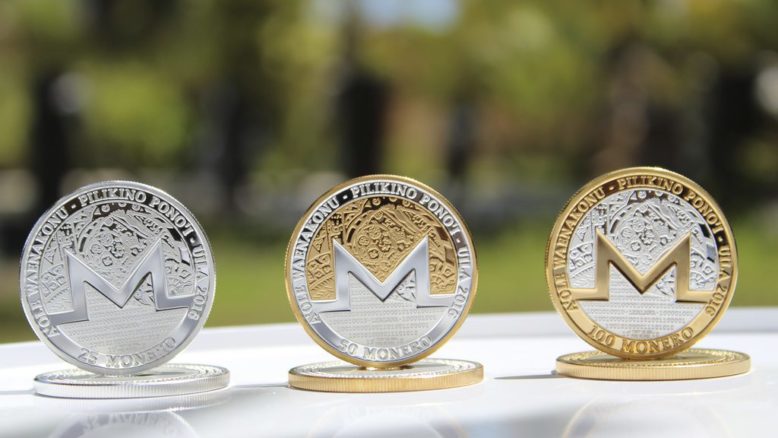Launched in 2014, Monero (XMR) is an open-source, privacy-focused digital currency that is established and works on the blockchain framework. These blockchains, which form the fundamental innovation behind cryptocurrencies, are public ledges of members’ activities that demonstrate all the transactions on the system.
Monero’s blockchain is deliberately arranged to be opaque. It sets transactions information, such as the senders and beneficiaries indentity and the amount of each transaction is unknown by disguising the addresses used by members.
Alongside to its anonymity, the mining process for Monero depends on an egalitarian concept which operates the principle that all individuals are equal and merit equal opportunities. When launching Monero, its developers did not keep any stake for themselves, and depended on the contributions and group support to build up the virtual currency further.
Monero supports a mining process where users get compensated for their activities by signing up mining pools, or they can mine Monero’s independently. Monero mining can be performed on a standard computer, and does not require a particular hardware, for example, the application-specific integrated circuits (ASICs).
Monero keeps running on all OS platforms, like Android, Windows, Linux, macOS and FreeBSD.
